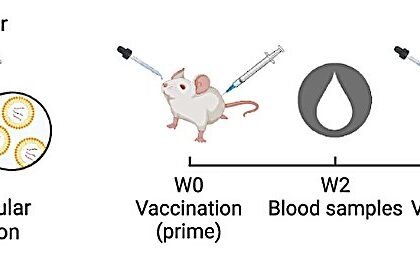Title: FDA-Approved Diabetes Medications Efficacy Changes Over Time
In a recent study, researchers at the Cleveland Clinic found that semaglutide and tirzepatide, injectable GLP-1 drugs used to treat obesity and type 2 diabetes, were less successful in weight loss in real-world settings compared to clinical trials. The study published in "Obesity" magazine suggests that discontinuation or reduced dosages may prevent patients from achieving significant weight loss. Continue reading for more insights.
Background:
Semaglutide and tirzepatide, both FDA-approved for treating type 2 diabetes and chronic weight management, have now become available in India. The study examined patients in Ohio and Florida who started treatment between 2021 and 2023.
Methods:
Researchers accessed electronic health records to identify adults with overweight or obesity without type 2 diabetes who started semaglutide or tirzepatide. They recorded early and late discontinuation and weight reduction, distinguishing between continuing medications or discontinuing late with high or low maintenance dosages, and the influence of factors such as continued medication or discontinuation, high or low dosages, use of tirzepatide, and gender.
Findings:
- Treatment discontinuation and use of lower maintenance dosages reduced the likelihood of achieving clinically meaningful weight reduction.
- Factors that increased the likelihood of achieving a weight loss of 10% or more included continuing medication, discontinuing late with high maintenance dosages, and continuing tirzepatide vs. semaglutide for females vs. males.
Commentary:
Dr. V. Mohan, a senior diabetologist, explained that randomised clinical trials (RCTs) involve constant follow-up with participants, whereas real-world settings often see patients discontinuing medication independently. Non-compliance and cost concerns may also affect efficacy.
Expert Insights:
Anoop Misra, head of Fortis C-DOC Hospital, noted that the variability can be expected and highlights the importance of cost and non-compliance concerns. “Our findings provide a realistic view of weight and blood sugar management with these drugs," he said.
These findings illustrate the challenges patients may face in symptom control and present a real-world use pattern for healthcare providers and patients. For more information, visit us.








